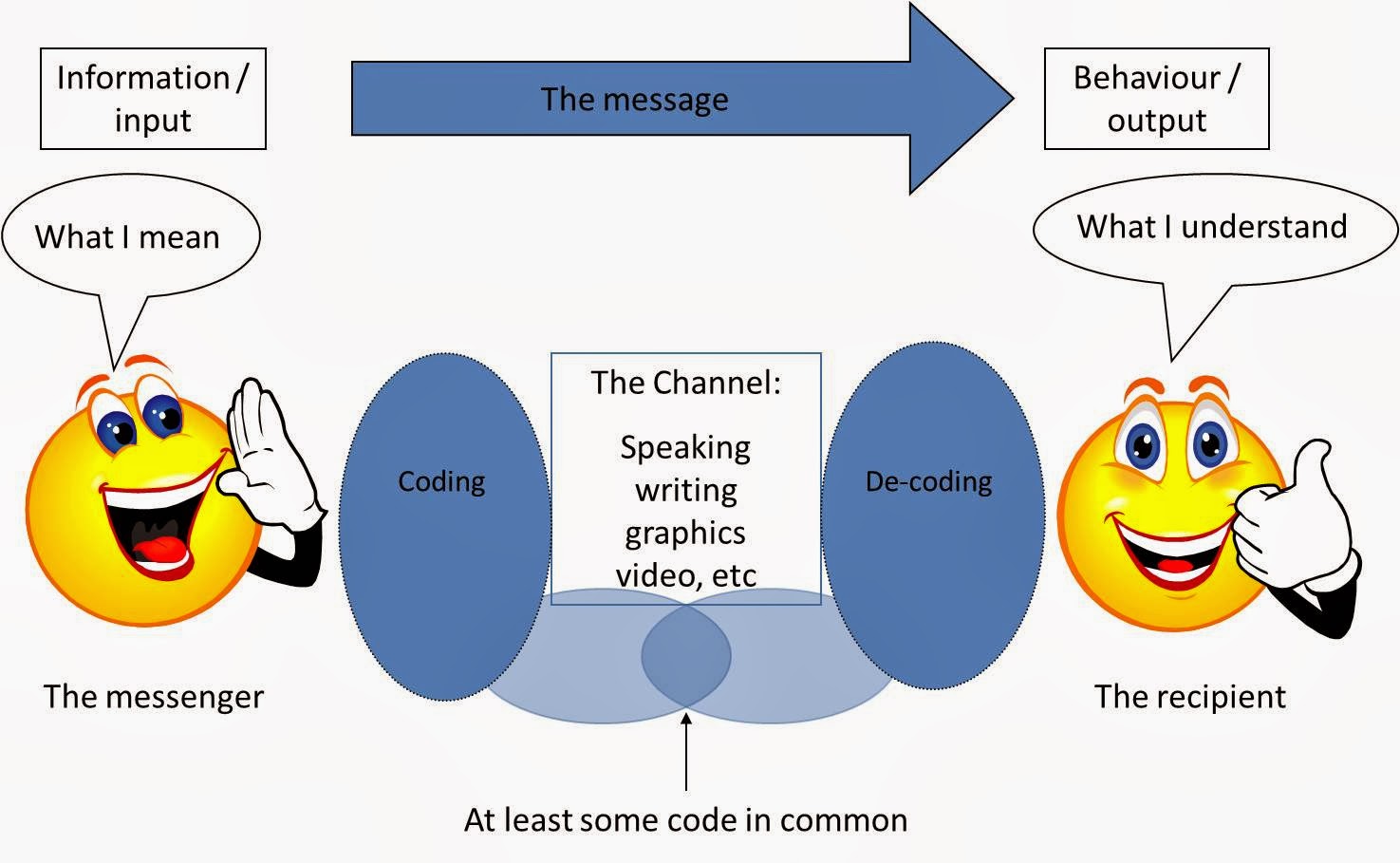Ways to Knowledge Aquisition
Knowledge acquisition can be approached in various ways, each with unique characteristics and methods. While it's challenging to define a precise number of ways to acquire knowledge due to the complexity and diversity of the process, here are some of the most commonly recognised methods:
- Empirical Learning (Observation and
Experimentation):
- Learning through direct observation,
experimentation, and sensory experience.
- Example 1: A biologist
observing wildlife behaviour in a natural habitat.
- Example 2: A chemist
conducting experiments to understand chemical reactions.
- Rational Learning (Reasoning and Logical
Analysis):
- Acquiring knowledge through reasoning,
deduction, and logical analysis is often used in mathematics and
philosophy.
- Example 1: A mathematician
uses deductive reasoning to prove a theorem.
- Example 2: A philosopher analysing
arguments to explore ethical theories.
- Authority and Expertise (Learning from
Experts):
- Gaining knowledge from experts, teachers, or
authoritative sources like books, academic papers, and documentaries.
- Example 1: A student learning
physics from a university professor's lectures.
- Example 2: Reading a book by
a renowned historian to understand a historical event.
- Introspection and Self-Reflection:
- Learning through examining one's thoughts,
feelings, and experiences.
- Example 1: Reflecting on
personal experiences to understand one's emotional responses.
- Example 2: Meditating to gain
deeper self-awareness and insight into one's thought patterns.
- Reading and Research:
- Acquiring knowledge through extensive
reading and researching various sources.
- Example 1: Studying academic
journals to stay updated in a field like neuroscience.
- Example 2: Reading various
books and articles to learn about a foreign culture.
- Experience and Practice:
- Learning through practical experience and
repeated application or practice.
- Example 1: Learning to cook
by regularly preparing meals and experimenting with recipes.
- Example 2: Becoming
proficient in a musical instrument through daily practice.
- Mentorship and Apprenticeship:
- Gaining knowledge and skills under the
guidance and supervision of a mentor or master in a specific field.
- Example 1: An apprentice
electrician learning skills under the guidance of an experienced
professional.
- Example 2: A young writer
receiving mentorship from an established author.
- Social and Collaborative Learning:
- Learning through social interaction,
collaboration, and discussion with others.
- Example 1: Participating in a
study group to prepare for an exam.
- Example 2: Collaborating on a
research project with colleagues from different disciplines.
- Technology and Multimedia:
- Using technological tools, online resources,
multimedia content, and virtual simulations to gain knowledge.
- Example 1: Using educational
software to learn a new language.
- Example 2: Watching online
tutorials to learn coding or software development skills.
- Trial and Error:
- Learning by trying different methods and
learning from mistakes and successes.
- Example 1: Experimenting with
different marketing strategies to find the most effective one for a
business.
- Example 2: Trying different
approaches to solve a complex mathematical problem.
- Travel and Cultural Exchange:
- Acquiring knowledge through exposure to
different cultures, languages, and environments.
- Example 1: Learning a new
language and customs by living in a foreign country.
- Example 2: Understanding
global political systems through international travel and observation.
- Formal Education:
- Systematic learning through schools,
colleges, universities, and structured educational programs.
- Example 1: Earning a degree
in biology to gain a comprehensive understanding of the field.
- Example 2: Attending a
technical school to learn specialised skills like welding or carpentry.
- Informal Education:
- Outside formal educational
institutions, such as community activities, hobbies, or personal
interests.
- Example 1: Participating in community
workshops on sustainable living.
- Example 2: Pursuing a hobby
like astronomy and joining local clubs to gain more knowledge.
- Intuition and Insight:
- Gaining knowledge through intuitive
understanding or sudden insights, often without conscious reasoning.
- Example 1: A scientist has
a sudden insight that leads to a breakthrough in research.
- Example 2: An entrepreneur intuitively senses a market need and develops a successful product.
These methods are not mutually
exclusive and often overlap in practice. Additionally, the effectiveness and
suitability of each technique can vary greatly depending on the individual and
the context. Pursuing knowledge typically involves a combination of several methods
tailored to the learner's needs, interests, and circumstances.
Each method is crucial in the diverse learning and knowledge acquisition landscape. They
cater to different learning styles and contexts, underlining the multifaceted
nature of how we understand and comprehend the world around us.




Comments
Post a Comment